If we go with the theory of there being five basic tastes – sweet, bitter, sour, salty and umami – then it’s no surprise we like salt, is it? I’d go even further and say we are not actually truly aware just how much salt we ‘like’ as it is simply in everything!! So we are just cranked up to taste it, and therefore, almost immune to the levels we taste and consume it at.
Sodium chloride, or common salt, occurs naturally in the world as the mineral halite. The sea is considered an inexhaustible source but there are underground deposits that are mined also. Salt even arrives on earth from Mars! Over 250 million tonnes of salt is produced every year. Cubic in form and available in different sizes. From the rougher, larger forms for winter roadway deicing, through to the courser forms like kosher and pickling salt, and on to the finer granules used as table salt. Salt is used in pickling, canning, preserving, curing, water conditioning and in the making of hundreds of things including bread, butter, cheese, industrial chemicals, wood pulp, rubber, dyes, soaps, glass, polyester and so on….in fact it has around 14,000 different uses!
But the aspect of all this that we are interested in here is what it means to our bodies and its use in the food industry. Salt is the oldest known food additive and has been used to preserve food for centuries (it’s been collected in some part of the world since 6000 BC and the Ancient Egyptians used it to preserve fish back then…), but now it seems to crop up in everything. The British Heart Foundation recommends no more than 6g a day, that’s about a teaspoon. Bear in mind that’s collectively throughout the day so you have to include not only the salt you add as seasoning but the salt already contained within the products you buy and consume. The majority of ready made foods and processed items contain salt. The greatest part of your salt intake will be from these foods rather than the salt you knowingly add. Even items that you think of as ‘sweet’ have salt in them! Read the labels of the products in your cupboards (breakfast cereals for instance) and you’ll be in for a shock. If an item has more than 1.5g salt or 0.6g sodium per 100g then it’s high and should be avoided. As with sugar the rule of thumb is the more processed and packaged a food item is the more likely it is to be packed with salty nasties. Avoid…!
Many people eat too much salt. You only have to do a quick calculation of a days intake to know if you’re one of them! However, salt (sodium) is vital to human life as it regulates the water balance in our bodies, keeping us hydrated, and is used in nerve and muscle function.
It is generally said that salt puts you at risk of high blood pressure (hypertension) which means you then risk the grim likes of heart disease, kidney failure and stroke. BUT here’s a twist in the tale…some recent research has shown this is not strictly the case and that it could be only those who are ‘salt sensitive’ that may benefit from a reduced intake. It is a hotly contested debate. The British Heart Foundation recommends a reduced sodium diet and intake, warning of the possible dangers, yet there are those disputing the benefits of this reduction like the American Journal of Hypertension saying, ‘there is not any positive direct evidence to support such recommendations.’ Well…I’ll be…! BUT (again) other studies and scientific journals state categorically that we should reduce our sodium intake below 6g per day to reduce the risks of any consequential ill health.
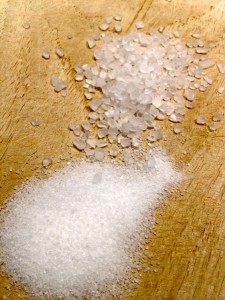
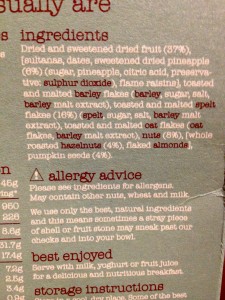
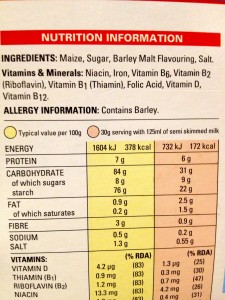
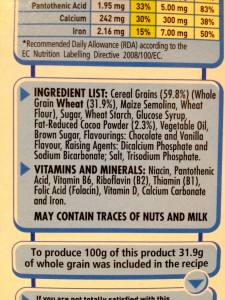
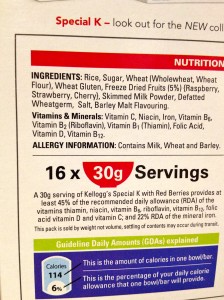
One thought on “Salt…”